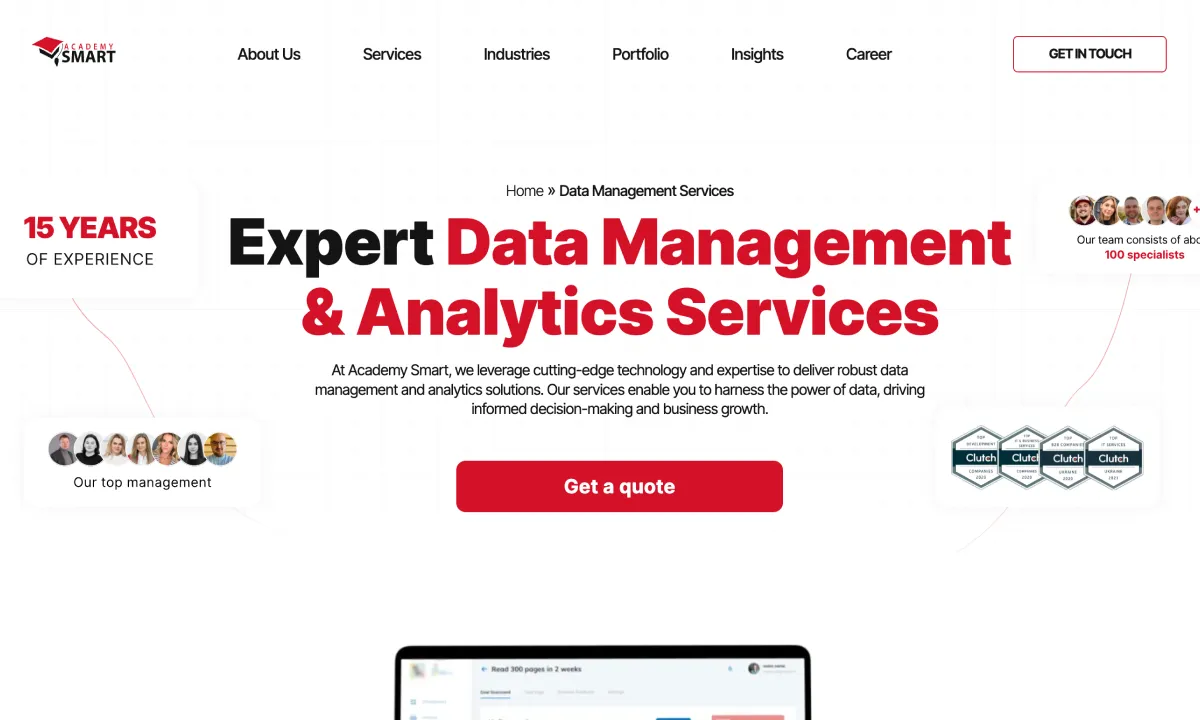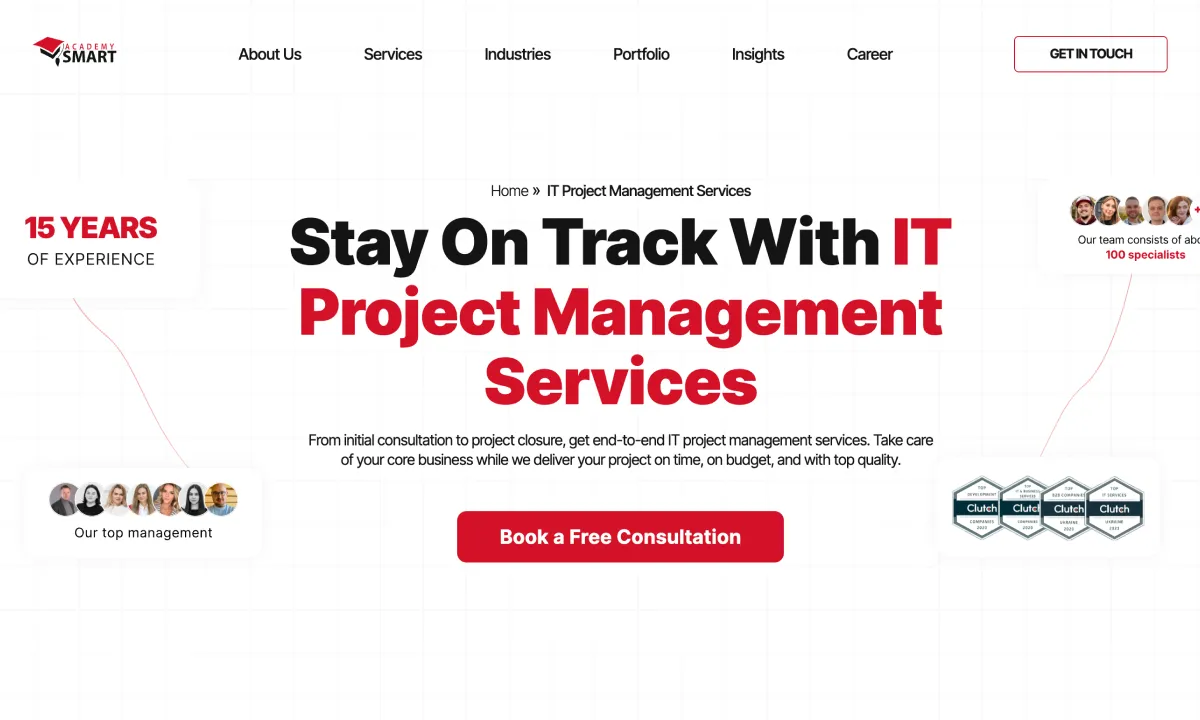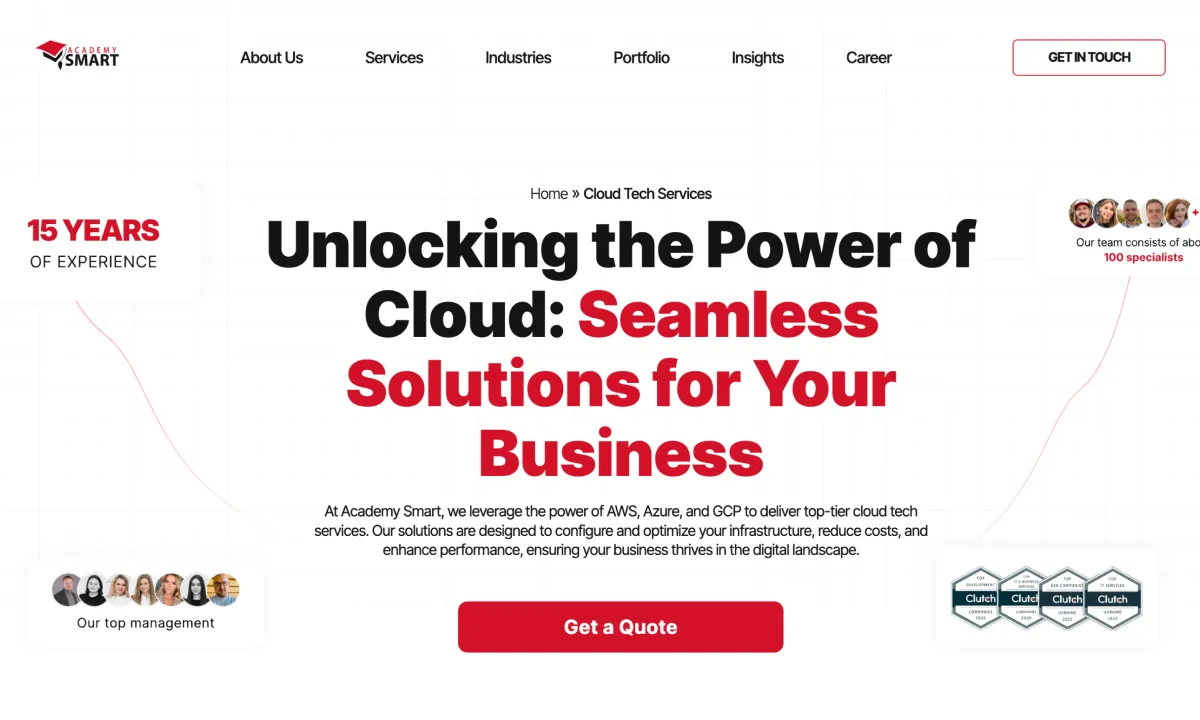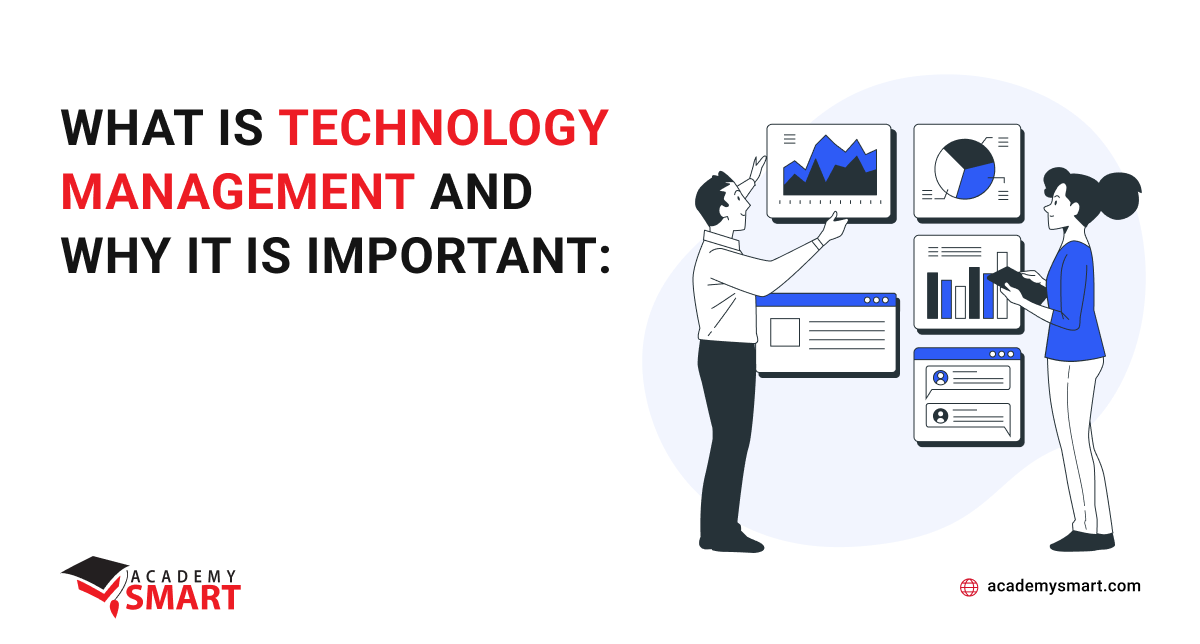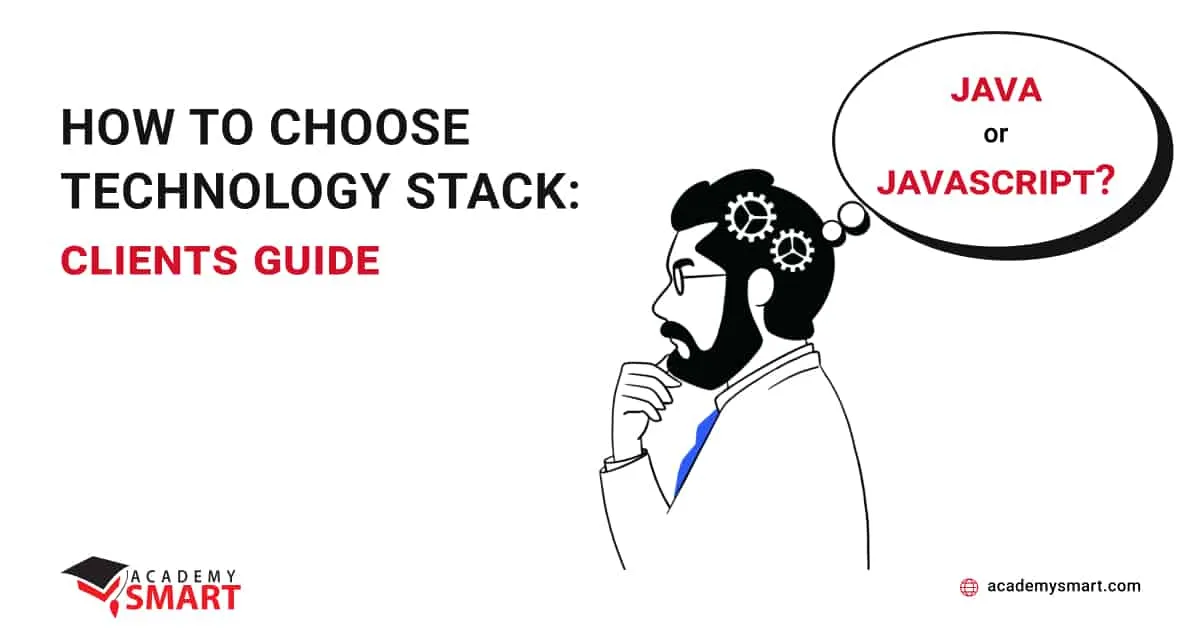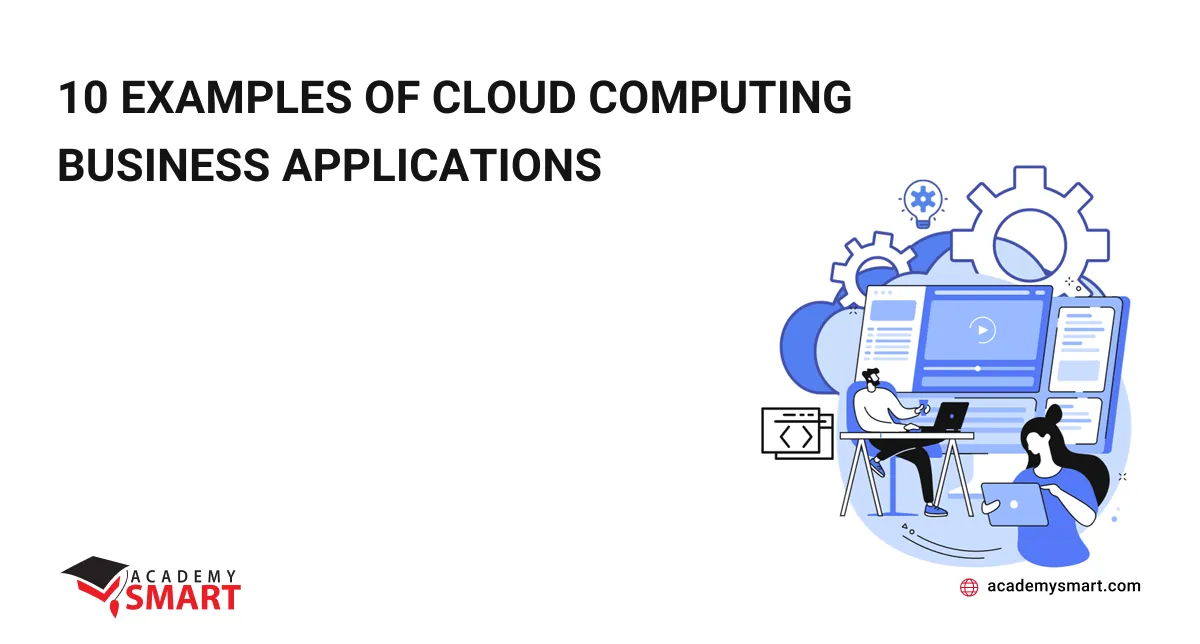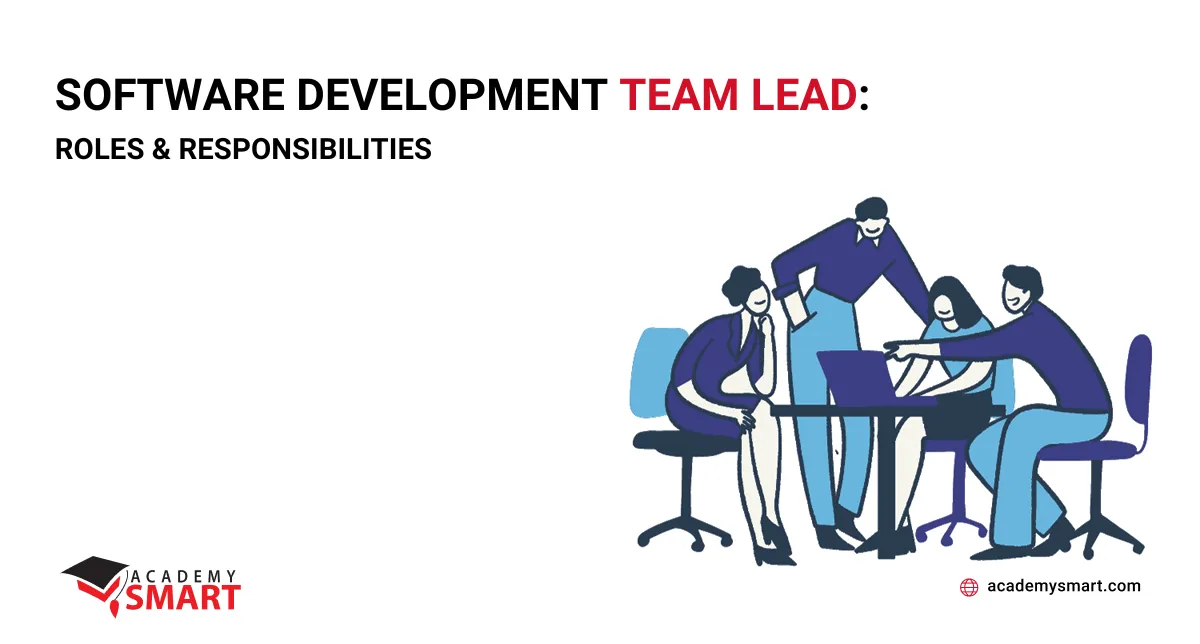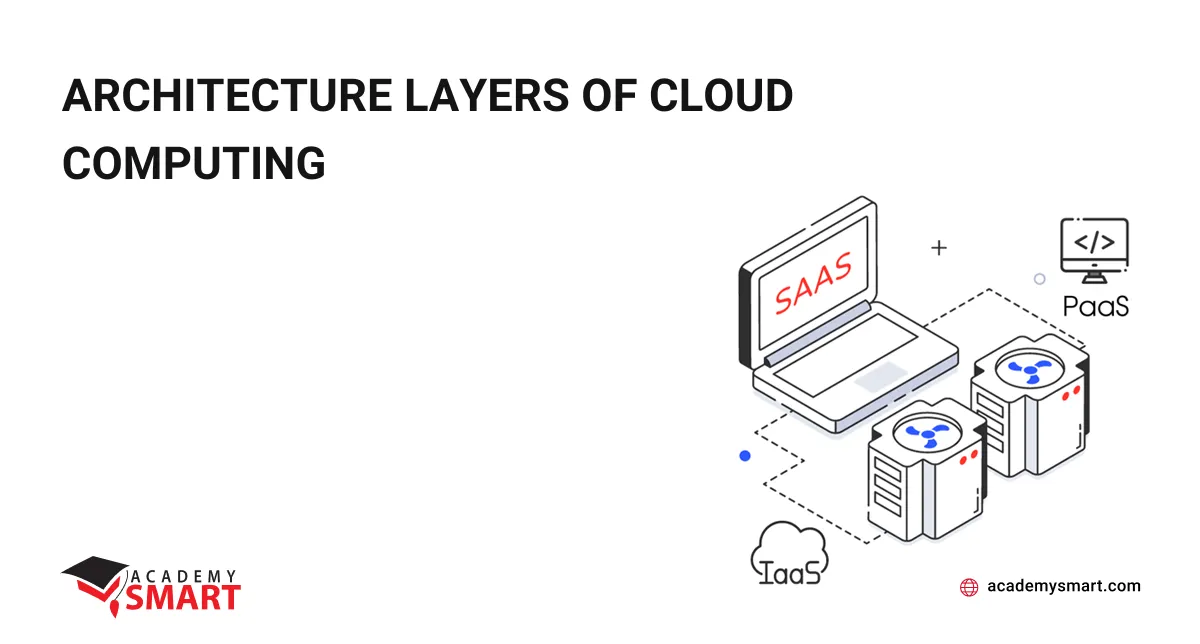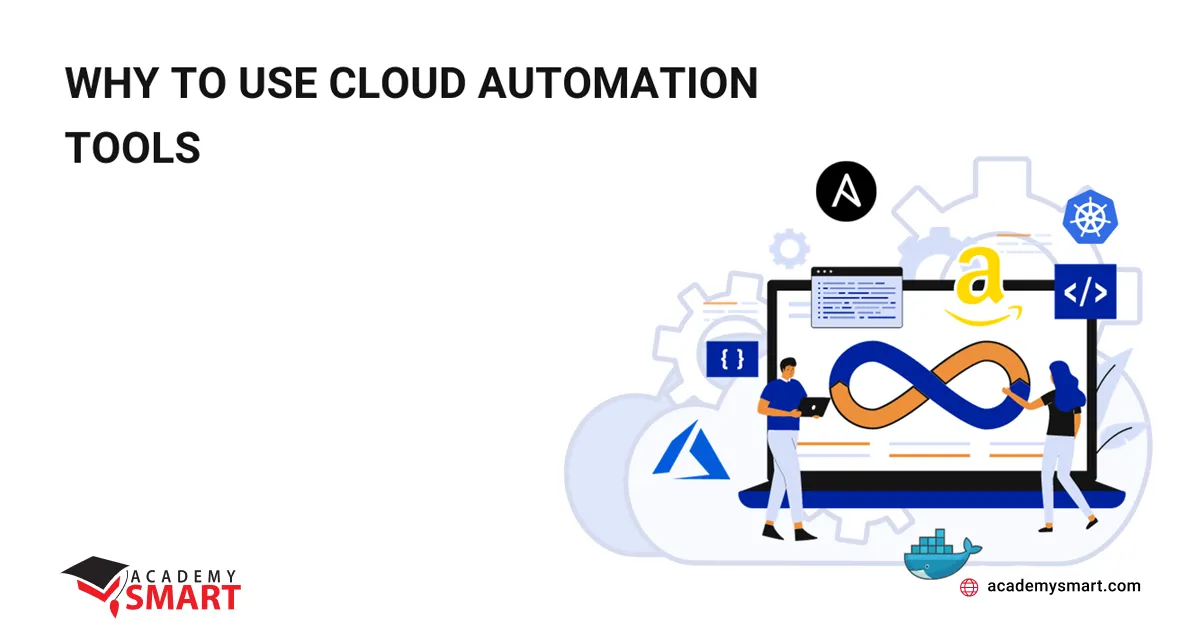
Why to Use Cloud Automation Tools
Contents
Enterprises are progressively embracing cloud computing for diverse business operations. The numerous advantages of cloud services enable the swift, efficient, and scalable deployment of complex business applications. However, adopting a multi-layer architecture, combining private and public clouds with on-premise systems, introduces complexities in managing this distributed IT infrastructure. In this case, companies should consider cloud automation tools that can debug many routine processes and reduce operating costs.
What is Cloud Automation
Cloud automation empowers IT admins to automate manual processes, facilitating the rapid delivery of cloud infrastructure resources based on user or business demand. It extends to various facets such as code testing, network diagnostics, data security, software-defined networking (SDN), and version control in DevOps teams.
Using cloud automation tools is crucial for businesses functioning in the cloud due to several key reasons:
- automation enhances operational efficiency by streamlining repetitive tasks, allowing teams to focus on more strategic activities;
- it ensures consistency and accuracy in deploying and managing cloud resources, reducing the risk of errors;
- cloud automation is integral to DevOps teams, aiding in software testing for CI/CD requirements and enabling rapid feature and security patch deployments in Agile project management;
- automation promotes cost optimization by efficiently utilizing resources based on demand, contributing to overall budget efficiency;
- it accelerates time-to-market for products and services, fostering a competitive edge.
Cloud automation involves the provisioning, ongoing management, and operations of private or hybrid clouds, covering tasks like code testing, cloud orchestration routines, web server configuration, version control, and data center administration. It is utilized in contemporary DevOps practices, leveraging technologies like Docker containers with Kubernetes, CoreOS, Mesosphere, or Docker Swarm for elastic orchestration. It finds applications in corporate WAN, VLAN, and SD-WAN deployments through tools from VMware, Microsoft, or open-source Linux developers. The scripting of web server deployments for SaaS/PaaS applications can be achieved using utilities like Puppet, Jenkins, Git, or TravisCI.
Cloud Automation Use Cases
Cloud automation has a broad set of use cases contributing to increased efficiency, consistency, and agility in managing cloud environments across different scenarios and business requirements. Below are some prevalent use cases, each with specific examples:
- Infrastructure provisioning
Automated cloud provisioning, utilizing tools like HashiCorp Terraform or AWS CloudFormation, configures and deploys virtual servers, networks, and storage based on predefined templates. It enables rapid scaling of cloud infrastructure, providing agility and innovation. - Auto-provisioning cloud resources
Implementing instance selection algorithms and intelligent automation to allocate particular cloud resources, including virtual machines and data stores, based on specific criteria like optimal cost vs. performance ratio ensures that cloud assets are dynamically delivered to meet application requirements, maximizing performance while minimizing expenses. - Monitoring and remediation
Services like AWS CloudWatch are used for real-time monitoring of cloud resources. Automated workflows can be configured to respond to predetermined conditions, such as automatically creating new virtual machines in case of failure, contributing to a more stable and higher-performing cloud. - Mitigating cloud sprawl and avoiding waste
Using cloud automation solutions to identify and shut down unused instances and processes helps reduce cloud costs by preventing orphaned resources or shadow IT projects. - Enabling Infrastructure as Code (IaC)
Employing cloud automation to define and launch IT infrastructure based on configuration files automatically ensures consistency and efficiency in managing infrastructure components. This approach is known as IaC. - Enhancing application development and testing
Leveraging cloud automation to quick provision and scale development and testing environments, built-in public clouds, streamlines continuous delivery pipelines, allowing for accelerated release cycles of new application features. - Application deployment
Automating the deployment process of apps in the cloud with services like Jenkins or native solutions like Azure App Service and AWS CodeDeploy facilitates faster release cycles, allowing development teams to push out new features and bug fixes more quickly. - Identity lifecycle management
Established Identity and Access Management (IAM) templates can be leveraged to streamline the setup of user roles and privileges, ensuring centralized identity management across on-premises and cloud environments. - Data discovery and classification
Utilizing cloud security automation tools such as AWS Macie proves beneficial for the automated scanning and classification of sensitive data within the cloud. This capability is crucial for ensuring compliance with regulations like GDPR, facilitating faster and more efficient protection of sensitive information. - Cloud migration
Cloud migration automation tools, such as AWS Server Migration Service or Azure Migrate, assist in planning, executing, and optimizing the migration of existing applications, data, and workloads. They automate tasks like server discovery, replication, and cutover, ensuring a seamless transition to the cloud while minimizing downtime and potential errors. - Multi-cloud management
Adopting cloud automation tools like OneOps for deploying applications across multiple public clouds simplifies management tasks, avoiding the need for disparate tools for each cloud. It enhances efficiency for companies with a multi-cloud strategy. - Hybrid cloud management
Cloud automation is often necessary to synchronize assets between local data centers and cloud resources, enabling “cloud bursting” and disaster recovery scenarios in hybrid cloud environments.
An example of a comprehensive cloud management and automation solution is the multi-platform Cloudyn application, for which our team has prepared integration with Microsoft Azure and OpenStack.
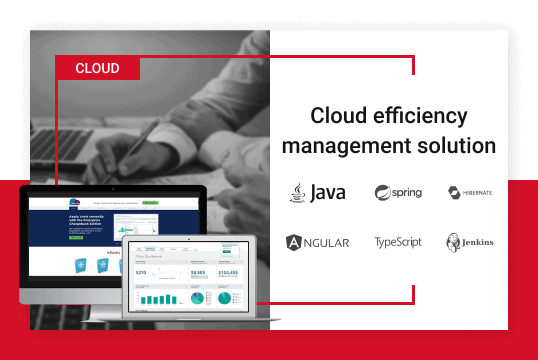
Cloud automation and management tool we extended
Helpful Cloud Automation Tools
Cloud automation tools are central in simplifying and optimizing various tasks in cloud environments. They can be commonly categorized into two main groups: those built into public cloud platforms and those provided by independent vendors.
Built-in services like AWS CloudFormation or Azure Resource Manager offer seamless integration with their respective cloud platforms, ensuring high compatibility and functionality. At the same time, they are platform-specific and lack interoperability. Third-party cloud automation tools like HashiCorp Terraform, Puppet, Ansible, Chef, and Salt are versatile and can work across different types of clouds, including public, private, or hybrid environments. However, there may be a lag in incorporating new features introduced by cloud providers, and they often require additional configuration.
What are cloud infrastructure automation tools you may need more often?
- AWS CloudFormation is Amazon’s Infrastructure as Code platform, allowing the definition of declarative templates for automated resource provisioning.
- Azure Resource Manager is Microsoft’s IaC solution for defining templates to deploy and manage resources in Azure.
- Puppet is a veteran configuration management tool and Infrastructure as Code pioneer, widely used for cloud workloads.
- Ansible is a configuration management product, known for its simplicity and support for all major public cloud providers.
- HashiCorp Terraform is an open-source tool for building, modifying, and versioning Infrastructure as Code, providing flexibility across various cloud platforms.
- AWS Elastic Beanstalk is an automation platform for deploying applications developed with various languages, handling provisioning, autoscaling, and monitoring.
- Azure Automation provides cloud automation for Azure and non-Azure platforms, facilitating tasks like file configuration, service restarts, and automatic scaling.
- Google Cloud Deployment Manager supports Infrastructure as Code using simple templates.
- GitHub offers automated source code version control, aiding in deploying and synchronizing software from developers to clients.
Of course, there are many other specialized utilities for automating various cloud operations that can be effectively applied to solve more specific problems. Anyway, these tools to manage your cloud business infrastructure require solid program engineering mastery and DevOps expertise.
Entrust the Setup of Cloud Automation to Academy Smart’s Experts
Academy Smart stands out with practical proficiency in crafting cloud applications on AWS and Azure, coupled with adept support for client cloud migrations. Our comprehensive service offerings encompass:
- in-depth cloud business intelligence;
- secure serverless application development;
- CI/CD services;
- DevOps outstaffing.
Benefit from fast access to specialists prepared to tackle projects of any complexity level, all at the favorable cost of an offshore developer from Eastern Europe. Our satisfied clients from the Netherlands, Austria, Israel, Germany, and beyond, who have engaged our specialists for outsourcing, attest to the advantages.
If you seek to optimize your cloud application’s potential, contact us for a seamless and efficient setup.
Frequently Asked Questions: Cloud Infrastructure Automation Software
How does cloud automation contribute to cost optimization?
Automation tools help optimize costs by enabling efficient resource utilization, implementing scaling policies, and facilitating better management of cloud spending.
What role does DevOps play in cloud infrastructure automation?
DevOps practices closely align with cloud automation tools, enabling collaboration between development and operations teams to achieve continuous integration, delivery, and deployment.
Book a free consultation

Reach out to start talking today!

